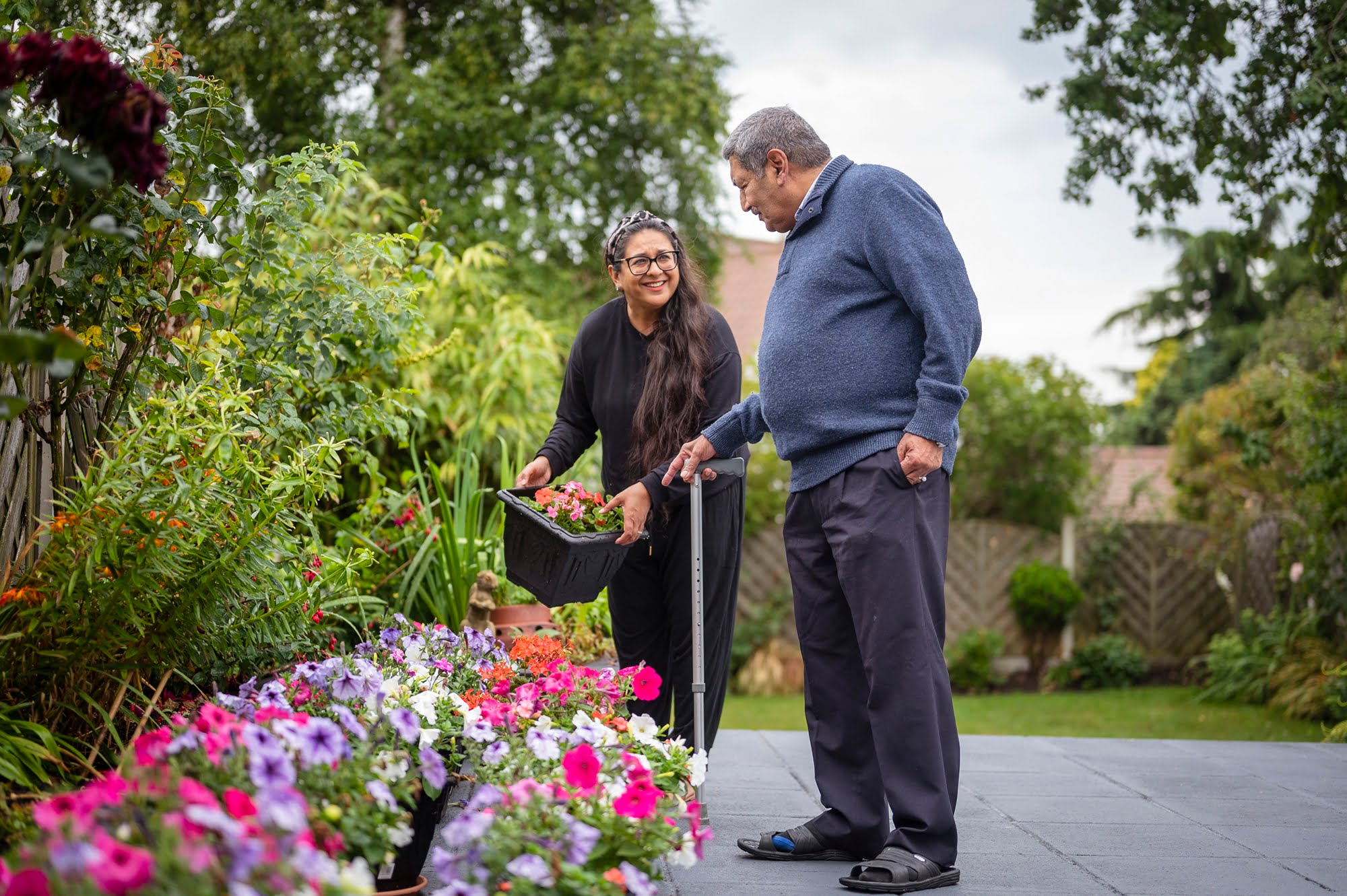What is a neighborhood association?
A neighborhood association is a grassroots volunteer group based in an area of a city with a common identity. Open membership allows residents to share their ideas, thoughts, and feelings about neighborhood plans and projects. The goal is for everyone to work together to build a stronger neighborhood.
Why are neighborhood associations important?
Neighborhood associations help residents tackle issues and make changes to improve the quality of life for residents. They also steer neighbors toward resources needed to create programs, events, and initiatives.
Neighborhoods organize for a variety of reasons:
- To advocate around development concerns
- In response to ongoing safety concerns/crime
- To create new community programs
- To find ways to make their neighborhood a better place
A well-organized neighborhood association can spur citizen-led engagement by addressing concerns and empowering residents to achieve a common goal.
These goals may include the following issues:
- Neighborhood improvements such as the addition of street signs, streetlights, or the repair of decaying sidewalks
- Urban design issues such as the preservation of historic districts and the development of architectural themes
- Starting a neighborhood watch to deal with crime and other disturbances
- Identifying and assisting with practical strategies to take on more expansive socioeconomic issues
Why should I join a neighborhood association?
Joining a neighborhood association is a great way to meet neighbors, improve neighborhood security, foster community connections and trust in public institutions, and create a sense of belonging and shared identity.
Neighborhood groups can help keep residents informed about issues, activities, and events. Resident meetings and social networks often provide two-way communication with elected officials and city administrators.
Neighborhood associations can also support the well-being of a community in a variety of ways:
- Health
- Safety
- Environment
- Economy
- Food production
- Raising of children
Omaha’s neighborhood associations
There are about 190 registered neighborhood associations within the Omaha metropolitan area. The number of active associations changes yearly as some become less active and new associations form. What a neighborhood association attempts and accomplishes will vary according to what members and leadership determine are the most critical issues facing their neighborhood.
The Neighborhood Directory is currently Omaha’s sole source of neighborhood organization information. The City of Omaha Planning Department maintains the directory, and neighborhood leaders are responsible for updating their information as necessary.
The City of Omaha and neighborhood alliances use this directory to:
- Notify residents of pending zoning changes and planning board actions affecting neighborhoods and commercial areas
- Notify residents about events, programs, and grant opportunities
How can I start a neighborhood association?
Identify why you want a neighborhood association and prepare a brief presentation on the benefits of creating one. Invite active members of your neighborhood, give your presentation, and listen to your neighbors’ feedback.
Organizing a neighborhood association is a big job requiring various skills such as project planning and development, fundraising, volunteer recruitment, and succession planning and mentorship. While it may seem difficult initially, developing your association will be gratifying. As your neighbors come together to address common concerns and work collaboratively, founding members will shoulder less individual responsibility. Click here to learn more about how to formalize your neighborhood association.
For more information or tips on getting your neighborhood association off the ground, contact info@oneomaha.org.
Check out One Omaha’s resources for neighborhood associations:

